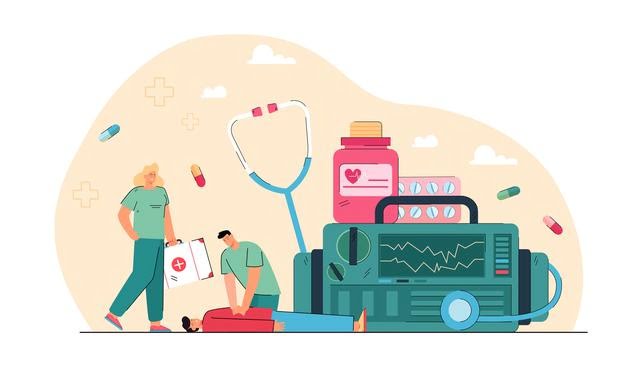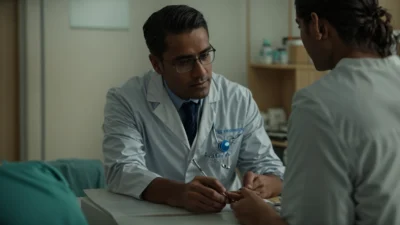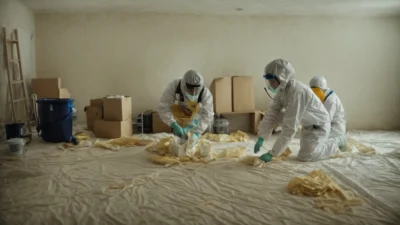Your latest marathon of Chicago Med might give you an idea of when a doctor might turn to ondansetron or lorazepam, but it won’t offer the depth of medical knowledge that you really should know. While there have been instances of these television shows affecting real-life diagnoses, the average person should understand a few essential bits of information about the medical field and how their health fits into it to live their healthiest life, protecting themselves and their loved ones in the process.
Basic First Aid
From recognizing a concussion to performing the Heimlich maneuver, there are a few particular procedures that the average everyday citizen can use to save a life. Cardiopulmonary resuscitation, or CPR, is perhaps the most common of these skills, with about half of all Americans knowing how to perform the lifesaving technique. In-person or online CPR classes will cover the essentials of this procedure and, in many cases, a variety of other critical first aid knowledge that will prove vital in a medical emergency.
Your Personal Risks
Beyond the basics of first aid, the average person should ensure they know the conditions and concerns they’re particularly at risk for. From aneurysm risk factors prevalent in their family to a history of undiagnosed high blood pressure, knowledge of genetic and environmental risk factors can give you a distinct advantage in preventing and identifying certain conditions you may face. In addition, this knowledge is beneficial for parents, who will better understand their children’s hereditary risk factors from the time they’re infants.
Common Interactions
If you take certain medications or have conditions like a brain aneurysm or hypertension, you must understand what interactions can occur. Even over-the-counter treatments can run the risk of these issues, either with other OTC medicines or prescriptions, you might already take. Will that aspirin interacts with ibuprofen? Will diphenhydramine cause issues when you’re already taking topiramate? Prescription or OTC, ensure you’re learning how your medications might interact with each other and with your daily activities.
Everyday Occurrences
A CPR certification is a great asset, but one that you most likely won’t use every day. You’re far more likely to face common, albeit usually minor, occurrences like a sore throat, nausea, or the common cold. While you certainly don’t need to be an expert in these conditions or even understand the intricacies of why they occur, a basic knowledge of their symptoms and treatment options can save you time, energy, and money (especially in the United States, where medical expenses are substantial) when you next come down with a sinus headache or stomach bug.
Current Crises
The COVID-19 pandemic has made it all too clear that individuals must be informed about public health crises affecting the world around them. But, of course, this isn’t the first epidemic to have an impact. From the Bubonic plague to HIV/AIDs, infectious disease and other medical conditions can take a region, country, or the globe by storm with minimal warning. In these cases, individuals must understand the risks, preventive measures, and treatment options at hand.
As much as you love your favorite medical drama, rewatching Saving Hope can’t give you the medical knowledge necessary to take control of your own health and that of your family. However, you don’t need a medical degree to take advantage of this information either. By learning essential skills like CPR and first aid, knowing your unique risk factors for conditions like aneurysms, or staying informed during a global medical emergency, even a basic understanding of your health and wellness and everyday medical needs can help you understand and improve your health while protecting the people around you—and maybe even saving lives.

